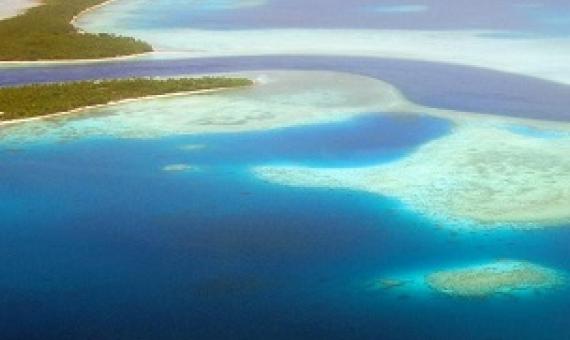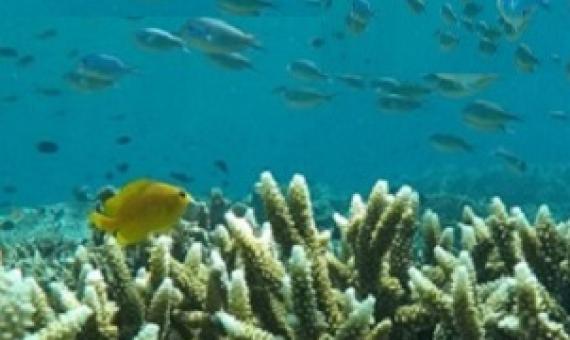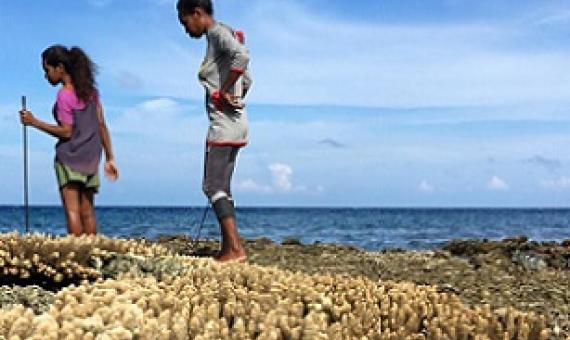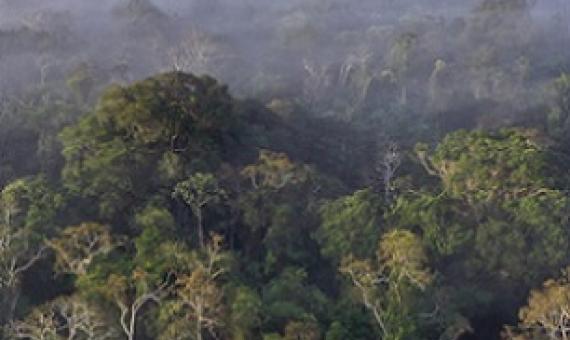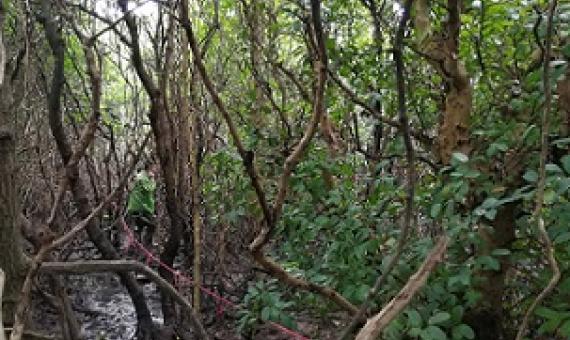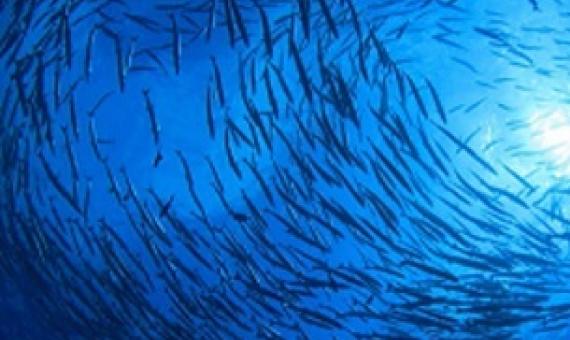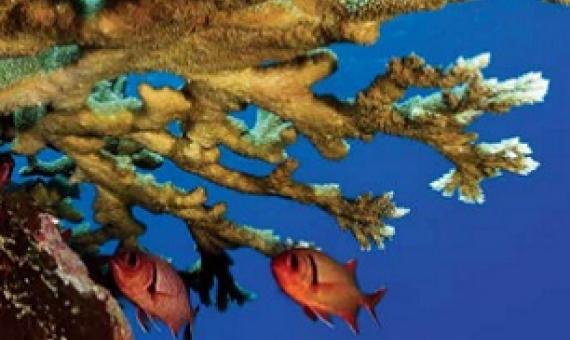Oceans around the world face a litany of threats, from climate change to overfishing to pollution and more.
Flooding and erosion are growing problems for low lying coastal zones across the world. These phenomena are expected to worsen globally by 2-3 orders of magnitude by 2100.
Communities living close to hard-bottomed shallow shore are more likely to catch animals for seafood consumption in the rough season when other types of fishing often aren’t possible, a new study has found...The authors say that understanding the interactions between people and coastal ecosystems
A pair of recent studies show that rising temperatures are shortening the lives of trees in tropical forests and reducing their capacity to absorb carbon dioxide from the atmosphere...Forests play a major role in fighting global warming, but the authors of the recent studies say we shouldn’t be o
Mangrove forests with greater species diversity can store more carbon, according to new research published in the British Ecological Society journal Functional Ecology.
Australia announced on Wednesday that it would step up in the fight to protect the world’s oceans from pollution, overfishing and changing climates, officially joining an ocean preservation coalition of close to 40 nations. Australia has now joined the likes of France, United
A National Marine Fisheries Service proposal to designate 230 square miles of critical habitat for seven threatened coral species in the Pacific Ocean is getting mixed reviews from environmental advocates due to an exemption for military training areas.
Development, forest conservation and adaptation to climate change: a case for integrated community-based sustainability in rural Vanuatu
This paper is concerned with integrating adaptation to climate change with local development in the context of a climate change mitigation project for reducing emissions from deforestation and forest degradation. It is argued that integration will enhance locally appropriate and sustainable outcomes necessary for effective forest conservation in the context of rural Vanuatu.
(PIREP) Pacific Regional Energy Assessment 2004 : an assessment of the key energy issues, barriers to the development of renewable energy to mitigate climate change, and capacity development needs to removing the barriers : Palau national report
Palau lias an equatorial, marine environment. No cyclones have been recorded though near passages are not unusual when high waves can be a problem. Palau has a strong program for preserving the environment, particularly that of the major tourist attractions including the Rock Islands and the reefs where some of the best diving in the world is found. Marine biodiversity is high and land biodiversity moderate. Strict USA
Guidance for promoting synergy, among activities addressing biological diversity, desertification, land degradation and climate change
As noted in the Millennium Ecosystem Assessment, climate change is one of the most important drivers of biodiversity loss" and is projected to further adversely affect the role of
biodiversity as a source of goods and services. The impacts of climate change on biodiversity have been of major concern to the Convention on Biological Diversity since 2002 when, following a request from the Conference of the Parties and the Subsidiary Body on Scientific, Technical and Technological Advice (SBSTTA), an Ad Hoc Technical Expert Group was established to carry

